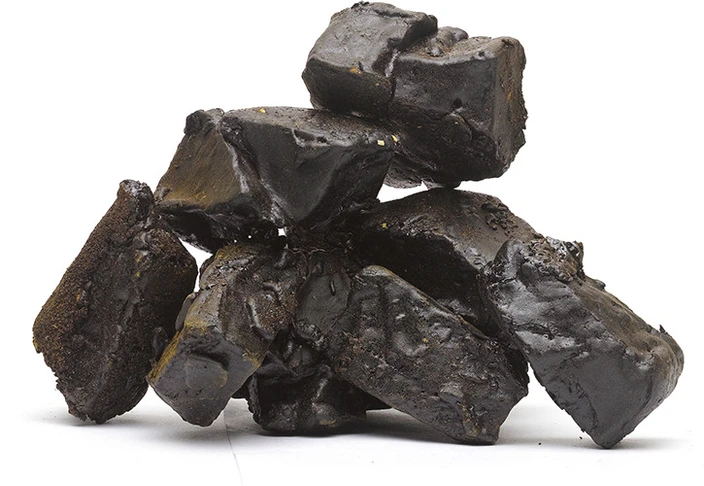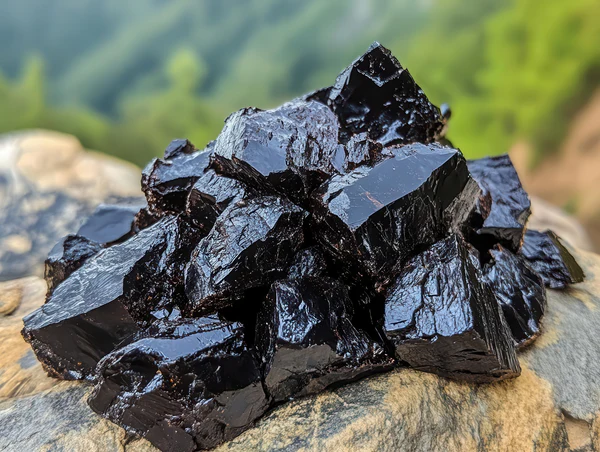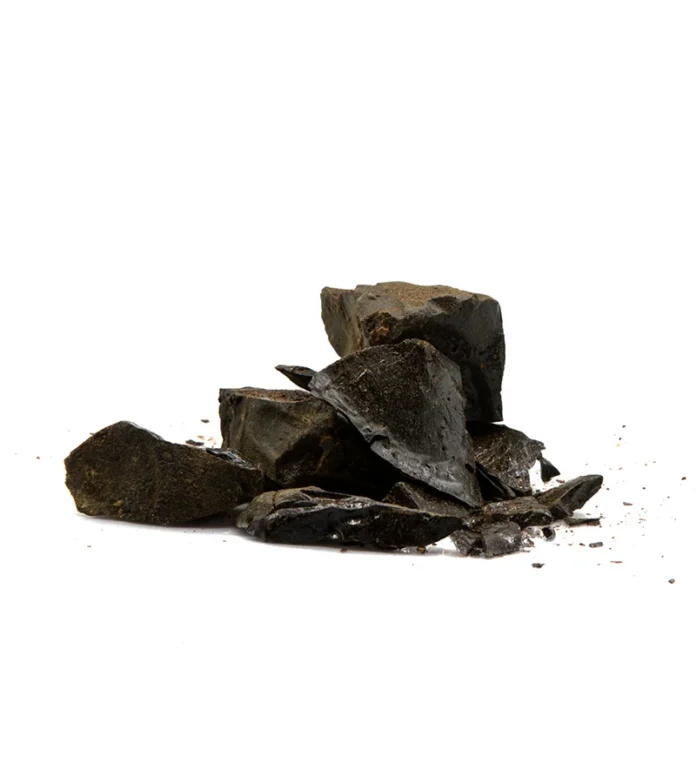INTRODUCTION:
Musabbar (also spelled Musabbar, Musabbar Ka Ras, or Aloe Vera resin) is a traditional herbal preparation derived from the dried juice of the leaves of the Aloe vera plant. It has been widely used in Unani, Ayurvedic, and other traditional medicinal systems for centuries due to its potent therapeutic, laxative, and healing properties.

English: Aloe Vera Resin, Indian Aloe
Arabic: Sabr (صبر)
Urdu: Musabbar (مُصَبَّر)
Hindi: Musabbar (मुसब्बर)
Sanskrit: Kumari
Persian (Farsi): Sabr-e-Zard
Tamil: Sothu Kattrazhai
Telugu: Ghrhakumari
Kannada: Lolu Soppu
Gujarati: Gwarpathu, Kumari
Punjabi: Ghrithkumari
HEALTH BENEFITS:

Relieves Constipation
Acts as a natural laxative.
Improves Digestion
Supports better metabolism and reduces indigestion.
Liver Support
Helps in detoxifying and strengthening the liver.
Blood Purifier
Cleanses the blood and removes toxins.
Reduces Inflammation
Useful in treating swelling and inflammation internally and externally.
Skin Healing
Promotes wound healing and is beneficial in skin problems like eczema and burns.
Antibacterial &Antibacterial
Helps fight infections due to its natural antimicrobial properties.
Menstrual Regulator
Used in Unani and Ayurvedic systems to balance menstrual flow.
Boosts Immunity
Enhances the body’s natural defense system.
Useful in Piles and Worms
Traditionally used for treating hemorrhoids and intestinal worms.
SIDE EFFECTS:

Electrolyte imbalance:
Chronic use can result in low potassium levels (hypokalemia), which can cause muscle weakness, fatigue, and heart problems.
Kidney damage:
High doses of aloe latex can cause severe kidney damage and have been linked to kidney failure. Daily consumption of 1 gram of aloe latex can be fatal.
Hepatitis:
Oral consumption of certain aloe extracts has been linked to rare cases of acute hepatitis, or liver inflammation.
Increased cancer risk:
Animal studies have found an association between consuming non-decolorized whole-leaf aloe extract and the development of gastrointestinal tumors.
Risk during pregnancy:
Pregnant individuals should not take musabbar orally, as it can stimulate uterine contractions and potentially cause miscarriage or birth defects.
Risks for children:
The oral use of musabbar (aloe latex) is considered unsafe for children under 12, as it can cause stomach pain, cramps, and diarrhea.
HOW TO USE:
For Constipation
Dose: 250 mg to 500 mg (about a pinch)
How: Take with lukewarm water at bedtime
Effect: Works as a gentle laxative
For Digestion & Liver Support
Dose: 125 mg to 250 mg
How: With honey or water, once a day (before meals)
Effect: Helps improve bile flow and appetite
For Skin Issues (external use)

How: Mix Musabbar powder with rose water or coconut oil
Apply: On wounds, eczema, burns, or acne
Effect: Soothes, heals, and disinfects the skin
For Menstrual Problems
Dose: 125 mg to 250 mg
How: With warm water, 2–3 times a week
Effect: Helps regulate menstrual flow (use under guidance)
For Piles (Hemorrhoids)
Dose: 250 mg
How: With butter or cow ghee, once daily
Effect: Reduces inflammation and eases pain
Precautions:
Always use in small doses
Not recommended during pregnancy, lactation, or in children
Long-term or high doses may cause diarrhea or cramps
Consult a doctor or qualified herbal practitioner before regular use




